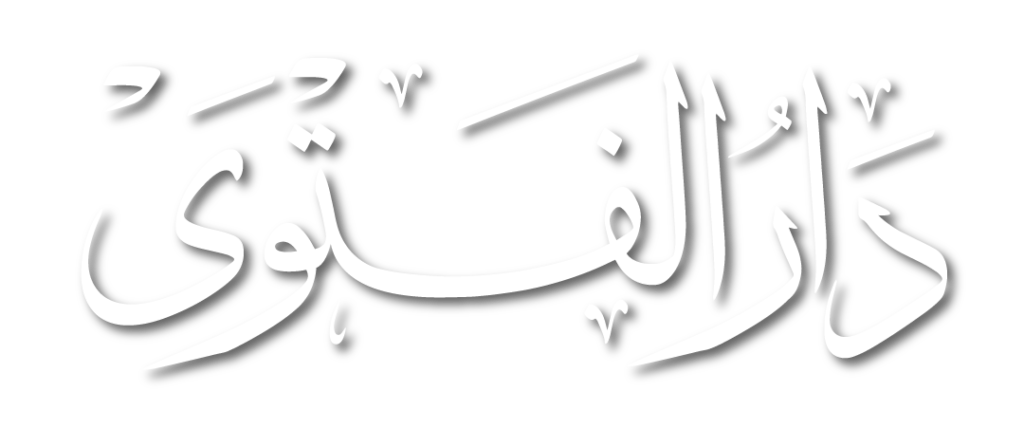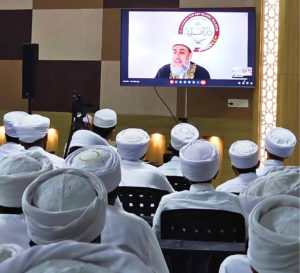1. Intention; (made during the months of Hajj—Shawwal, Dhul-Qa^dah, and the first ten (10) days of Dhul-Hijjah).
2. Physical presence at ^Arafat; (for some time between the start of Dhuhr on the 9th of Dhul-Hijjah and the dawn of the following day. The best is to combine between the day of the 9th and the eve of the 10th).
3. Tawaf; (performed after the middle of the eve of the 10th of Dhul-Hijjah).
4. Sa^y; (performed after a tawaf).
5. Shaving the head or trimming the hair; (after the middle of the eve of the 10th).
6. Observing the order; in performing most of these five (5) integrals.
Hajj has six (6) integrals (rukns): i.e., those matters which must be performed for Hajj to be valid and which, if not performed, cannot be replaced or corrected for by slaughtering. Some of these integrals have a very specific and limited time frame to perform them in. So, if one misses performing them in their time, then one’s Hajj is invalid and one cannot do anything to make it valid.
These integrals are two (2): the intention and physical presence in ^Arafat. Three (3) others are due upon him and his Hajj is not complete until he does them. These are: Tawaf, Sa^y, and shaving the head or trimming the hair.
Requisites (Wajibs) of Hajj
1. Establishing the intention of ihram before crossing the miqat;
2. Staying at night in Muzdalifah and Mina, according to a saying;
3. Throwing pebbles at Jamratul-^Aqabah during the ^Id day;
4. Throwing pebbles at the three (3) jamrahs during the Tashriq 3 days; The Tashriq days are the three (3) days following the Day of ^Idul-Ad-ha.
5. Performing the farewell tawaf.
Hajj has five (5) requisites: i.e., those obligatory actions which must be performed for Hajj. However, (unlike the integral) leaving out a requisite does not invalidate Hajj. Rather, the person is sinful and an expiation is due on him.
The expiation due for not performing any one of these requisites is:
1. To slaughter a sheep and distribute its meat to the poor people in Makkah;
or, if unable,
2. To fast ten (10) days: three (3) while in Hajj and seven (7) after returning
to one’s hometown.





